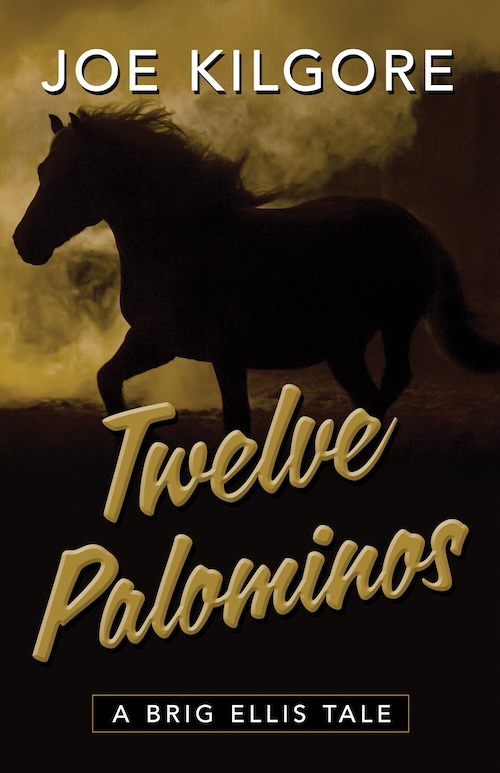Man and Novel Go Haywire
Thursday, July 22nd, 2010A college professor, with a lovely wife and fine young son, begins an affair with a mysterious woman. Particularly mysterious for a bucolic Midwestern university. Virtually half of the book tells this story from his point of view (albeit in the third person). Then all of a sudden, it’s the mysterious woman’s story. A story that leaps from snow covered hills and dew frosted fields to sun splashed beaches, political unrest, and voodoo. It then returns to being the teacher’s story and reaches a rather abrupt end, which to me, seemed as if the publisher ran out of paper. But one of the nice things about novels is that they don’t have to follow convention to be engrossing. And that’s exactly what Bay of Souls is.
The author is Robert Stone, a contemporary of what’s often referred to as the “beat generation” of writers and poets; Ken Kesey, Allen Ginsberg, Neal Cassidy. Writers who defined the 50’s, 60’s and 70’s with prose often fueled by drugs, alcohol, and whatever else happened to be available. Bay of Souls is one of Stone’s latter works, having been published in 2003.
There are both similarities and differences to earlier novels Stone hemmed. A couple of which were made into movies. The film WUSA with Paul Newman, was a political potboiler Stone hated. Who’ll Stop The Rain, based on the author’s novel Dog Soldiers, was a riveting tale of post Viet Nam drug smuggling and West Coast waywardness. It starred Nick Nolte and the author felt it was much truer to his original. Though he loathed the movie’s title which he said “some moron must have come up with.”
Bay of Souls lulls you into a false sense of familiarity. As the tale of Michael Ahearn, the professor, unspools slowly, you feel you are reading another story of middle-aged angst. A story well told. We totally believe his love for his wife and family, his sedate acceptance of his cloistered university life, and his eventual attraction to the darkly intriguing Lara Purcell. Infidelity, it’s allure and it’s recriminations, are rendered with painful honesty. But we’re jolted out of our preconceptions when the narrative jumps to an island in the Caribbean where a junta is being overthrown, cashes of cocaine are being sought, and ritualistic voodoo is being employed to save some souls and recover others. Ahearn, possessed by his lust (and perhaps love) for Lara, leads him into a world so foreign to his own as to risk not just his sanity, but his life itself. The requisite amount of adventure, danger and precarious situations are delivered compellingly.
Up to a point, we believe we know how the story is going to end. How all such stories should end. But surprise, this one doesn’t end that way. And even though the ending is a bit like falling off a cliff, you take its truth with you long after you’ve closed the cover for the final time.
Robert Stone was a great lover, as are so many, of F. Scott Fitzgerald’s The Great Gatsby. He admits to having read it at least three times. Perhaps somewhere in that immortal novel were the seeds of Stone’s protagonist, Michael Ahearn, in Bay of Souls. Stone says that his life would have “probably been lousy” had he not become a writer Certainly the lives of readers like The Fiction Fortune Hunter have been made far less lousy by the talents of Robert Stone’s storytelling.
